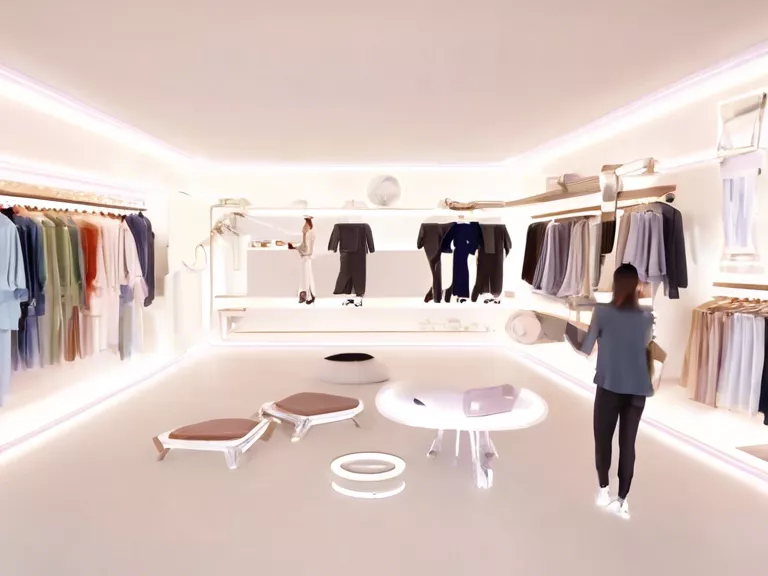
The future of virtual showrooms is promising as technology advances to bring in-store experiences online. With the rise of e-commerce, businesses are looking for innovative ways to connect with customers virtually and replicate the immersive experience of shopping in physical stores. Virtual showrooms offer a solution by allowing consumers to browse products, interact with displays, and receive personalized recommendations from the comfort of their own homes.
One of the key features of virtual showrooms is the ability to try before you buy. Virtual fitting rooms use augmented reality technology to superimpose clothing onto a customer's image, allowing them to see how different outfits look without trying them on in person. This not only enhances the shopping experience but also reduces the need for returns, saving both time and resources for businesses.
Another benefit of virtual showrooms is the ability to showcase a wider range of products than physical stores. By digitizing their inventory, businesses can display all available options to customers, giving them access to a more extensive selection than what is possible in-store. This not only increases customer satisfaction but also opens up new revenue streams for businesses by catering to a larger audience online.
Personalization is also a key aspect of virtual showrooms. By analyzing customer data and preferences, businesses can create tailored shopping experiences for each individual, recommending products based on their past purchases or browsing history. This level of customization enhances customer loyalty and drives repeat business, making virtual showrooms a valuable tool for building long-term relationships with customers.
In conclusion, the future of virtual showrooms is bright, with technology enabling businesses to bring in-store experiences online in innovative ways. By providing virtual fitting rooms, showcasing a wider range of products, and offering personalized recommendations, businesses can create immersive and engaging shopping experiences for customers. As e-commerce continues to grow, virtual showrooms will play an increasingly important role in connecting businesses with consumers in the digital age.



